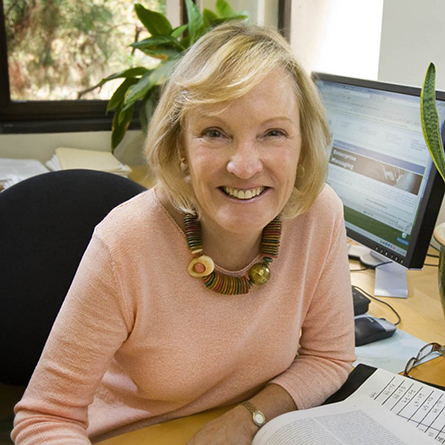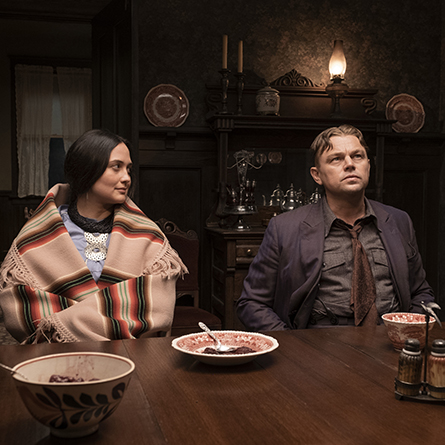
By tracking bird populations, Greg Butcher '77 sees the progression of global warming
For Greg Butcher '77, bird-watching isn't just a hobby – it's a way of monitoring global warming.
As director of bird conservation with the National Audubon Society in Washington, D.C., Butcher has noticed over recent years that many wintering birds are moving inland and heading farther north.
"Birds are really responding to climate," he said. With global warming, they can live in areas they once found too cold. Robins, for example, are now wintering more than 200 miles farther north than they did in the 1960s.
Over the 40 years covered by the study, the average U.S. temperature in January has climbed by about five degrees.
"The wide diversity of birds [affected] suggests it has something to do with temperature, rather than ecology," Butcher told the Washington Post.
Two reports co-authored by Butcher were recently cited by U.S. Secretary of the Interior Ken Salazar and Al Gore as well as CNN and other national news outlets. While the first focused on birds and climate change, the second looked at bird population trends by habitat, concluding that many bird populations are on the decline, some nearing extinction.
Butcher has long been fascinated by ornithology – he first participated in the Audubon's Christmas Bird Count, the longest-running wildlife census, when he was 13. His grandfather was a bird watcher and helped spark his interest.
While at Connecticut College, Butcher began to think about ornithology as a career. Influenced by professors like Richard Goodwin and William Niering, he became a zoology major.
Butcher described the College as a small community – he, Goodwin and Niering even went to the same church – and said that this environment helped lead him toward more opportunities in research experience. He had an internship at Denison Pequotsepos Nature Center in Mystic, Conn., and even helped teach a course on birds at a time when there was no ornithologist on campus.
"You get to know the professors so well at Connecticut College and get that individual inspiration by working with them one-on-one," Butcher said.
After graduating, Butcher headed to the University of Washington, where he earned his Ph.D. in zoology.
He said people can do many things to help their local bird populations, including writing to local legislators in support of the Cap and Trade Bill, which is designed to steadily reduce carbon dioxide and other greenhouse gas emissions. Even planting a tree in the backyard can help.
"People can improve things just by making their backyard better," he said. "The better the habitats are, the better the bird populations will be."
May 8, 2009
